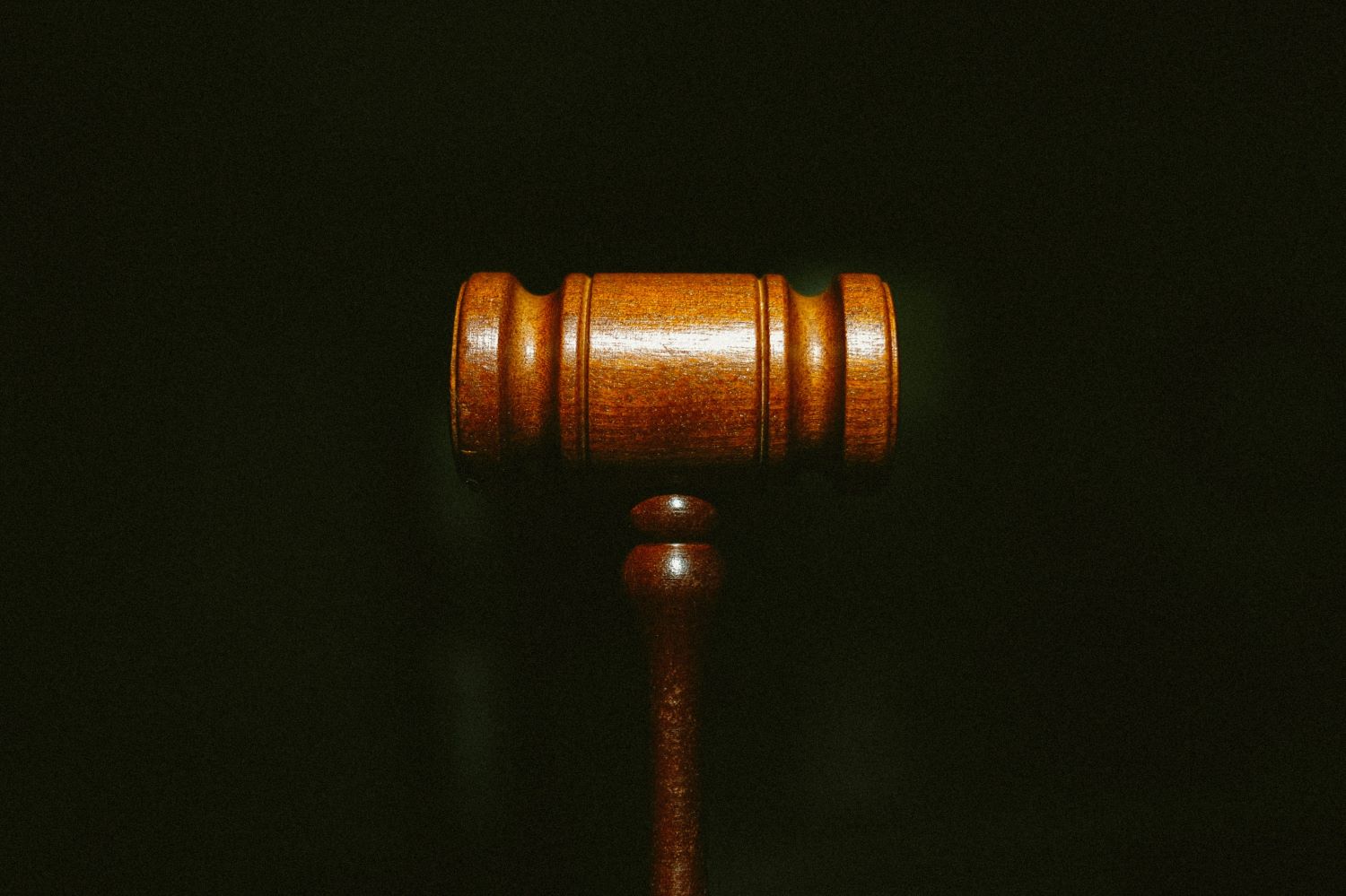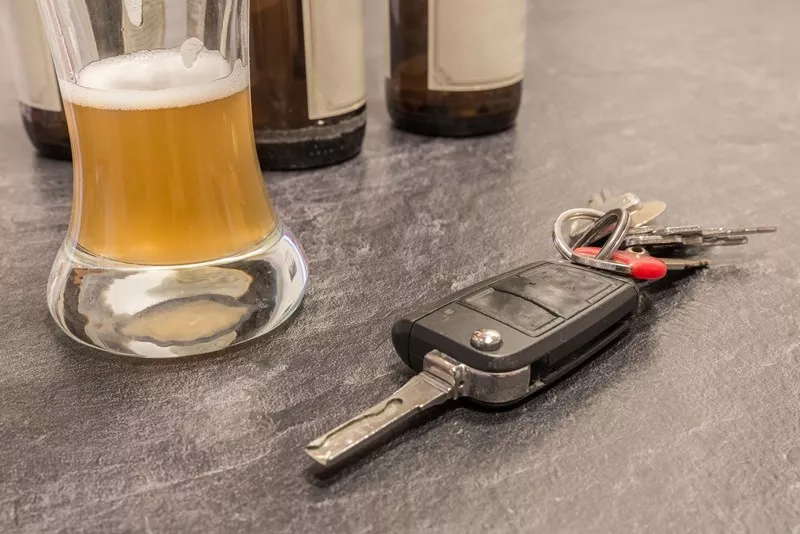When things go wrong – our criminal practice
Being arrested or summonsed to Court can be a life-changing process. Having to navigate an unfamiliar process and make decisions, often under time pressure and sometimes with public scrutiny, is hugely stressful. But having the help of experienced, knowledgeable advocates who can navigate both the law and the emotional journey of the Court process makes a difference.
A criminal conviction can have a profound impact on a person’s life. Even putting aside the risk of prison, fines, home detention, and similar that can result, employment consequences often follow in even minor cases. So too do restrictions on travel, stress on family relationships, difficulties getting around, and public attention.
A good criminal lawyer should go beyond helping their client negotiate questions of guilt and innocence. They should understand their client’s goals in terms of all these varying factors, and help their client make the decision that best serves these needs.
Who needs a criminal lawyer?
The circumstances that bring people to the criminal courts are just as varied. Many common offences, such as drink driving and other licensing issues, are well-known and may well be what people think of when they hear the word “criminal”.
But there are thousands of criminal offences on the statute books. The directors of companies, business people, those with health and safety obligations, people who use resource consents, and anyone who pays tax can equally find themselves facing prosecution if things go wrong.
So too can the recreational fisherman who misjudges his catch, the student out on the town with an open beer can, or a hunter who doesn’t secure their ammunition correctly.
Beyond these strictly “criminal” proceedings, there are thousands more regulatory proceedings that can be brought by professional bodies and government agencies.
Over 170,000 prosecutions were brought in New Zealand in 2021. Many New Zealanders will go their whole lives without seeing the inside of a courtroom. But the unexpected happens, and the criminal law’s reach can be vast. When things go wrong for you, a loved one, friend, relative, colleague, or employee finds themselves facing a charge, you need someone who can count on.
What can a criminal lawyer do to help?
Holland Beckett is proud to be one of the few larger firms to offer a full-service criminal practice that can handle charges of all levels.
In some cases, a criminal charge calls for a fearless advocate prepared to put forward defences in the most difficult of cases before a judge and a jury in the High Court. Our senior lawyers are experienced at facing Crown prosecutors making full use of the resources of the state to obtain a conviction. Our detailed knowledge of the rules of evidence and experience at trial practice allows us to fight every inch of the way when our clients’ needs require.
But avoiding criminal liability is not the only concern for many defendants. Many of our clients will plead guilty at an early stage, recognising that this can lower, and in some cases eliminate, the consequences they might face. Others still will focus on avoiding admitting certain parts of the allegation, being mainly concerned to manage the reputational risk of a conviction.
Our knowledge of offences, defences, and procedure allow us to tailor a range of strategies to the needs of each individual client. Our goal is to offer impartial and independent advice about the best way to approach the charges a person is facing to achieve the result they want, in the most proactive and positive manner as possible. No two cases are alike, and no two clients’ needs the same.
Whatever the facts or offence however, and whatever our clients’ goals, we ensure our clients fully understand the charges against them, their options, and the chances of success. Demystifying criminal procedure and law is one of the key roles of a criminal lawyer. Our fundamental obligation is ensuring our clients know their options and rights and to carry these into effect.
When can we help?
We are able to help at all stages of the criminal process, and with all types of hearings and applications.
In some cases we start helping even before charges are laid. We regularly attend interviews with clients at the Police station and advise on whether giving a Police interview is advisable. The right to silence is a key one, and from the very start of the process, we ensure our clients have a fair go.
Once charges are laid, we will be with our clients at every step of the way through the court process. Our lawyers attend first and second appearances in court every week. Around this, we advise clients on pleading guilty or not guilty, available defences, bail, name suppression, change of venue applications, diversion, choice of judge-alone or jury trial on almost daily basis.
We pride ourselves on our ability to both deal with routine applications in a quick manner, often even without a trip to court, and to contest defended applications, including in urgent cases. We have well-established working relationships with Police and Crown prosecutors throughout the Bay of Plenty, allowing us to achieve favourable resolutions through plea discussions and diversion.
From there, the pathway through the criminal system can vary widely. But whichever pathway it is best for our client to take, given their goals, we can assist. We have extensive experience with arguing for mitigated sentences, and in submitting that clients should not receive a criminal record at all because a discharge without conviction is appropriate. Our lawyers are also capable trial advocates, drawing on the skills shared between criminal and civil practice to take full advantage of our ability to effectively speak to both judges and jurors.
Even after sentencing, we can help. Members of our team have extensive experience with appeals against conviction and sentence. We also regularly assist people disqualified from driving with obtaining limited (work) licenses, and in navigating other consequences of conviction.
Throughout, our main focus will be on understanding your goals and experience of the process, ensuring our clients feel fully supported in making informed choices, and confident in the advice and representation they receive.
If you or someone you know requires assistance with any stage of a criminal process contact one of our senior criminal lawyers today to discuss your goals. For more straightforward matters, we have a number of highly capable more junior lawyers who your case can be referred to, under the supervision of senior staff, to help reduce your costs.











